3 min read
From Hurricanes to Sazeracs: Mardi Gras Cocktails with Food & Wine Pairings
Mardi Gras—also known as Fat Tuesday- is one of the world’s most iconic celebrations. Known as Carnival in many...
By: Beau Farrell on January 11, 2018
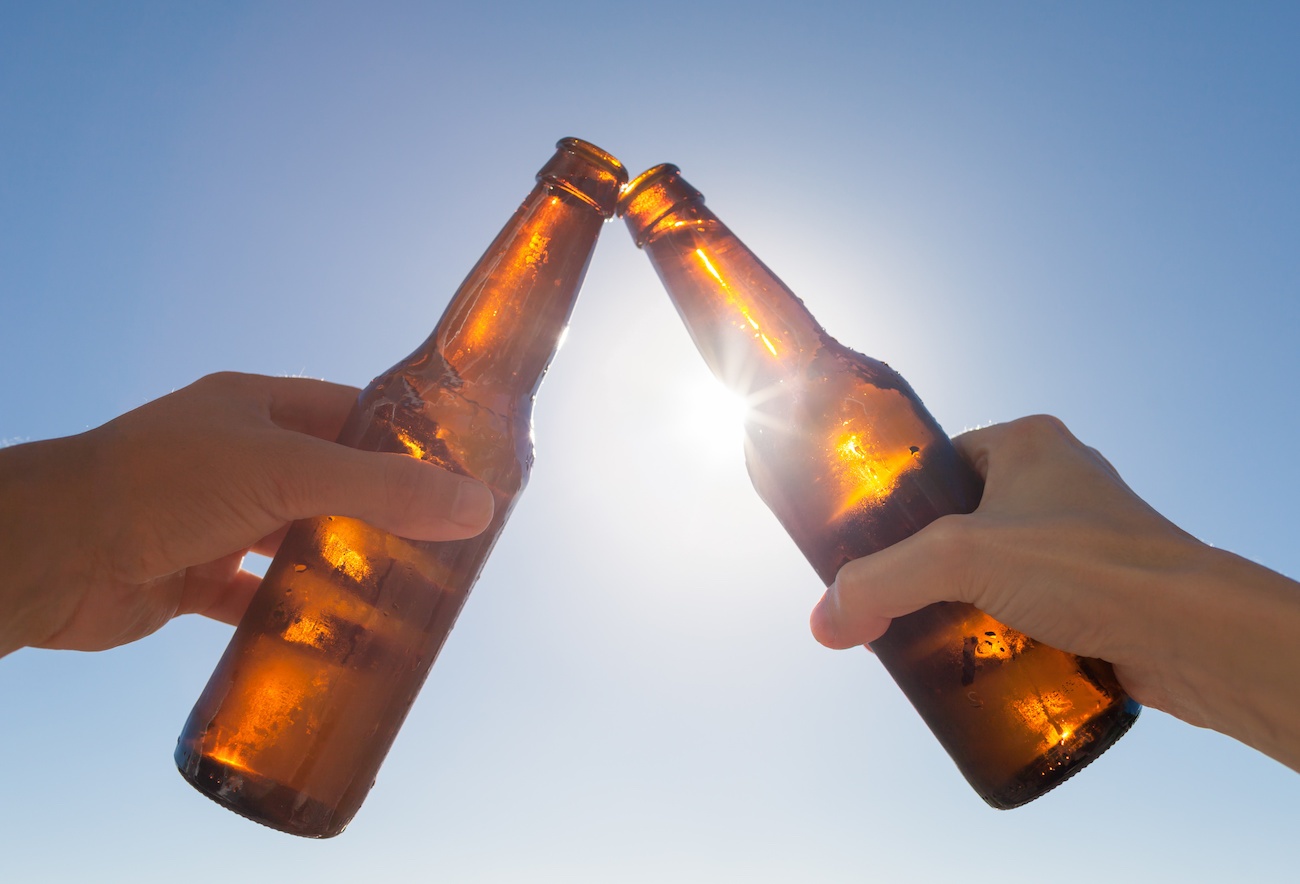
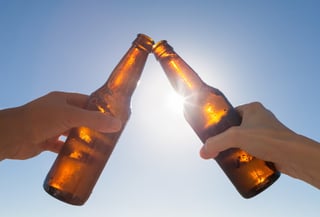 We've all heard about skunky beer — when a beer goes from being cold to warm and back again, making it taste foul. But is it fact or fiction? We're here to debunk the skunk. Skunky beer is real, but it actually has little to do with the changing temperatures of your beverage. It's more about light.
We've all heard about skunky beer — when a beer goes from being cold to warm and back again, making it taste foul. But is it fact or fiction? We're here to debunk the skunk. Skunky beer is real, but it actually has little to do with the changing temperatures of your beverage. It's more about light.
You've never heard of light causing your beer to taste bad? It's OK, many people haven't. We'll tell you how the term "skunk" came about and the best ways to store your beer to preserve its taste.
In 2001, a group of chemists in North Carolina discovered that beer gets a foul skunk flavor when it is light-struck. Dr. Malcolm D. Forbes, professor of chemistry at University of North Carolina at Chapel Hill was one of the chemists who figured it out.
According to Forbes, the hops used to flavor your beer, also prevents bacterial growth and gives your glass of beer that foam head at the top. But it's light sensitive, so when the hops are exposed to either visible or ultraviolet light, the hops react and cause your beer to taste and smell skunky.
"This light problem is a phenomenon that was reported in literature as early as 1875. But, until now, the detailed mechanism has not been unraveled," Forbes said. "The final product of the reaction turns out to be what we call 'skunky thiol,' an analog of a compound found in skunk glands that produces a very bad taste and smell. This molecule has an extremely low taste and smell threshold in humans, just a few parts per trillion."
So, what does that all mean? Light or clear glass bottles that are in direct sun may be prone to an undesired chemical reaction. Dr. Forbes says a certain marketing tactic to cover the problem is to serve beer with a lime. Now, you know.
Of course, you don't want to be serving skunky beer at your next gathering. So, how can you avoid the hops in your beer reacting to light, and keep your beer tasting great? The best option is to enjoy your beer within a few weeks or months after it is brewed. (There are dates on each bottle.) If that isn't an option, we have some recommendations for you:
Looking for more beer storage tips? It just so happens we have a few videos on that very subject.
So, the next time you're stocking up on beverages for that weekend get-together, opt for brown bottled beer, store it in a dark, cool place, and keep the bottles upright to avoid your beer from tasting foul. Your guests will thank you. And while you're at it, maybe tell them the truth about skunky beer. You're sure to surprise at least one guest with the truth.
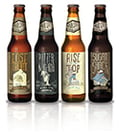
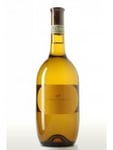
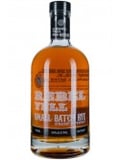

Feb 16, 2026by Ted Farrell
Mardi Gras—also known as Fat Tuesday- is one of the world’s most iconic celebrations. Known as Carnival in many...
Feb 7, 2026by Ted Farrell
The world is getting ready for the 2026 Winter Olympics, hosted in northern Italy in the stunning cities of Milan and...
Feb 3, 2026by Ted Farrell
Are you single and not-so-ready-to-mingle? Planning a solo movie marathon? Celebrate Valentine's Day with a little bit...